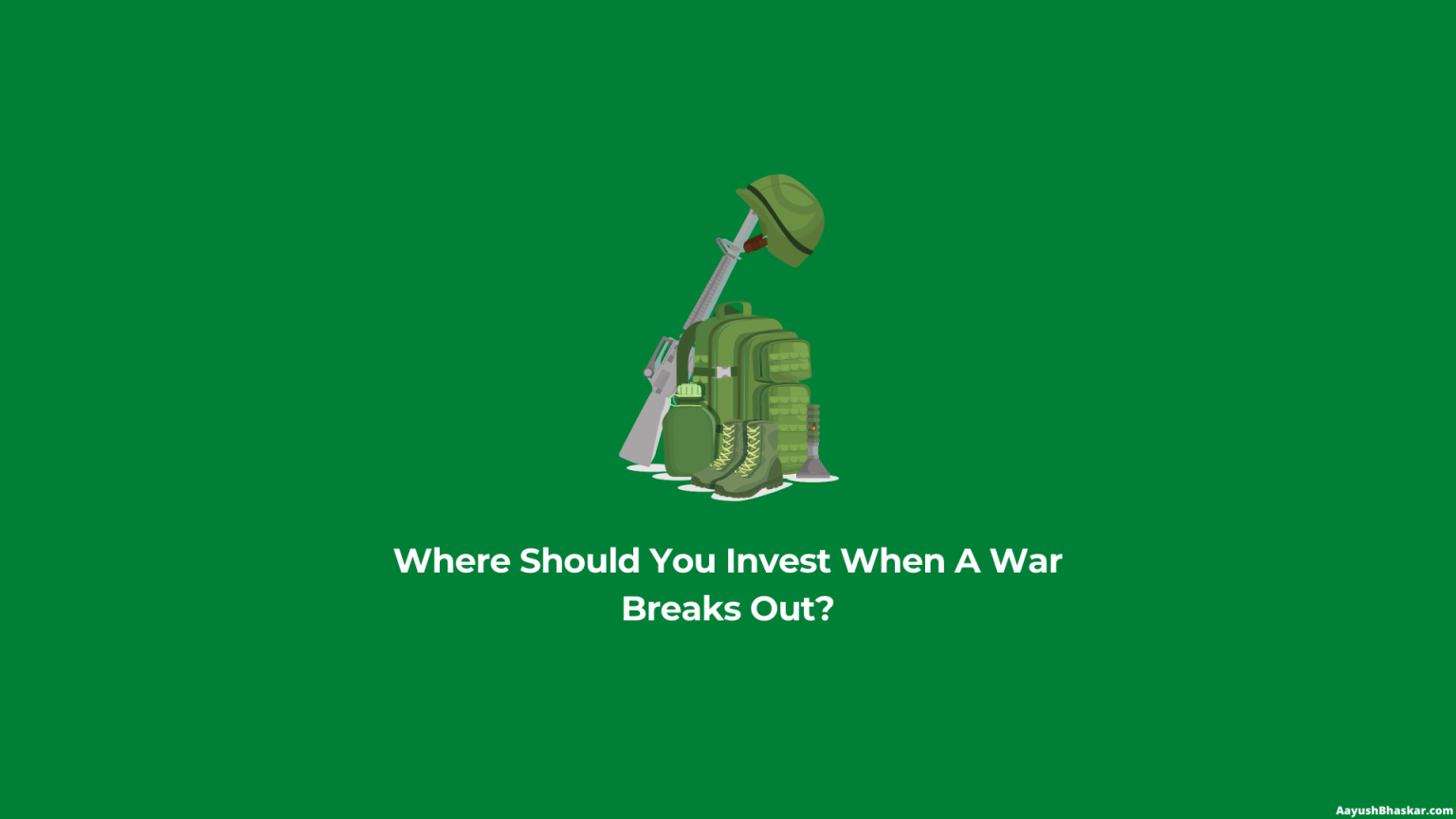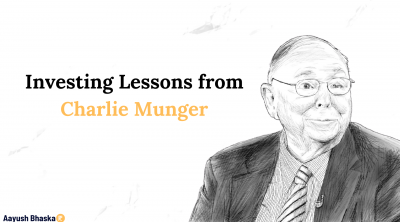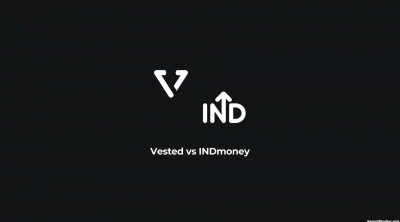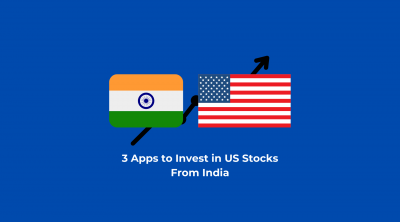When peace turns to war and all markets are affected, expert advice on managing your investments is vital.
This jargon-free article explains the ins and outs of investing during times of war and examines the variety of investment opportunities available in the market.
The effect of war on all major asset sectors, from bonds, equities, currencies, and real estate to commodities, cash & gold is explained using practical examples and real scenarios.
There’s no need for panic – just take action with a calm & level head as political tensions escalate.
So I’m going to ask you a question. What would be the effect on your investment if war breaks out tomorrow on the other side of the world?
The answer would depend on what kind of investments you have, right?
Owning shares in a defense equipment-making company could go up. But owning shares in a cruise ship company could go down.
Here’s a quick rundown of what we’ll cover next:
Where Should Indians Invest in Wartime?
Let us now discuss the effect of war on some of the important assets and why we should consider them for investments during wartime.
Bonds
Don’t buy bonds. They will probably lose you money in wartime.
That’s a surprising thing to say since bonds are considered safe. But I’ll explain why it’s true.
When you buy a typical bond, you are giving a loan to the government or company that issued it. The borrower pays you interest for a certain period and then gives you your money back.
War might cause oil prices to rise. A rise in oil prices could translate into higher interest rates.
If the interest rate goes up after you buy the bond, its market price goes down, because new bonds are being issued that pay a higher rate.
Currency
I don’t believe that holding currency is a defensive position. There is a high likelihood that the real value of the currency is reduced due to high inflation.
Let us assume that a part of a country is vanquished or occupied — the chances of currency might be replaced altogether or might turn into banana money are very high.
So, I will not recommend investing in currency during wartime.
Gold
Gold is one of the havens that do well in times of war. Gold is also perceived as a hedge against inflation and currency depreciation.
Gold has outperformed equities in periods when there was extreme uncertainty due to inflation and currency devaluation. During such times, gold acts as an effective hedge against equities and bonds by generating positive returns while they were falling.
However, during conflicts that have been resolved quickly, gold has underperformed equities by a huge margin. In those situations, investors have preferred to put their money into stocks to make quick gains rather than putting it into safer assets like gold.
I will suggest you have a bit of gold in your portfolio, in case of an emergent need for funds.
There are many ways to invest in gold other than owning bullion or coins. You could own ETFs/RBI Sovereign Gold Bond Scheme that gives you ownership of the metal at a fraction of the current market price.
Real Estate
Real estate is a safe bet because it has proven its resilience over decades, even centuries.
In times of economic uncertainty, people naturally turn towards tangible assets like real estate because they understand them better than stocks or bonds, which may be subject to erratic movements based on rumors or speculation.
Investing in real estate could be a good bet for you. War disrupts the supply chain that results in inflation. An increase in the price of commodities like cement and steel will increase rates in the real estate market.
I would request you to keep this fact in mind that, if war breaks out in your resident country, investing in land is better than investing in apartments, buildings, houses, etc. as built-up properties could get destroyed during the war.
Equities
Last, but the best. Yes, there is nothing better than equities to invest in during wartime.
Let us take an example of the Kargil War in 1999. The Indian stock market bottomed out to 10% when war was declared and returned to 30% before the war ended.
Also, during World War I, the U.S. stock market was shut down, and when trading resumed some four months later, Dow Jones Industrial Average opened 30% down, and from there on, it was one way up! It doubled during the continuing war, despite all the war talk and pessimism.
The same thing happened after the conclusion of the Second World War. The U.S. market opened with a big gap down and in a year gave a return of 50%.
In 1975, India was going through famine-like conditions after the Bangladesh war and at the same time, there was an oil crisis throughout the world.
The Indian economy went into ICU because of this double whammy. Many global investors were ready to write off India as an economic basket case.
But Indian stock markets surprised everybody with their 100%-plus returns in less than two years.
Diversification is the best alternative – ALWAYS!
A common strategy for reducing the risk of any portfolio is diversification or spreading out capital across multiple investments. You can diversify to reduce the chances that a single investment will cause substantial losses.
As a result, you will also reduce the odds that a single investment will generate substantial profits.
But investor diversification does not apply only to equity holdings. It can also include geographic diversification, which is about spreading out capital across multiple countries.
The best way to do this is by putting your money into various geographies and asset classes. You don’t want all your money invested in one particular country or one asset class when war breaks out or there’s an economic downturn — because you don’t know what’s going to happen next.
I know that diversification looks easy in the abstract.
But when you try to do it, it’s hard.
Here’s when something like Dezerv will work for most investors. Dezerv allows you to invest in diversified assets without worrying about anything – your portfolio is handled by a team of experts.
Check out our post on Dezerv for a detailed analysis.
Let me show a screenshot of the ‘High-Risk High Reward Portfolio’ managed by Dezerv for your better understanding.

By taking a look at the image above, you can notice the investment is very well diversified into three categories:
- Equity-based Mutual Funds and Index Funds: for growth
- Fixed Income Funds: for stability and security
- Gold Fund: for hedging in a war-like situation
Should I redeem my Mutual funds/SIPS if the war breaks out?
You shouldn’t – if you’re a long-term investor.
Never discontinue your SIP, Systematic Investment Plans, in worthy mutual fund schemes, particularly when addressing certain financial goals.
SIP is a way of investing in mutual funds (MFs) with a fixed amount at regular intervals, say, monthly or quarterly. This way you get to benefit from the power of compounding and also the advantage of rupee cost averaging.
The average cost per unit reduces if you buy more when markets decline and less when they go up.
So, if you see your fund balance going down in absolute terms while markets are on a decline, don’t panic. It only means that you have got more units for your money.
Don’t miss the opportunity to accumulate units of Mutual Funds when markets are in a downtrend.
Keep in mind that investing in mutual funds is one of the most convenient ways of building wealth. For the average investor, mutual funds are a potent avenue for wealth creation.
Where am I going to invest in Wartime?
First of all, I hope there will be no war.
However, in case of decline in the stock market due to geopolitical conflicts, pandemics, or war, my choice of investments will be:
1. Shares of Blue-chip companies with market leadership
The blue-chip companies have a good track record of growth and profitability. They are companies that have a consistent history of performing well.
Blue-chip stocks usually do not give you very high returns, but they are generally less volatile than the overall stock market and many other types of stocks. I would pick the ones that often pay dividends to their shareholders.
2. Exchange-Traded Funds (ETFs)
Exchange-Traded Funds (ETFs) are a type of fund that trades on the stock market. ETFs are an easy way to get exposure to a particular asset class.
Each ETF tracks a specific index or sector and is traded like an individual stock. You can buy and sell ETFs through your broker.
3. Digital and Technology Funds
Digital and technology mutual funds invest in stocks of companies that have significant exposure to digital technology, the Internet, IT, and related sectors.
As the global economy becomes increasingly digitized, technology-enabled businesses are likely to gain market share.
This can play out well for you in digital and technology mutual fund schemes.
4. Gold
Gold also looks interesting to me as an investment because it’s a tangible asset and is considered a hedge against inflation. I recommend investing in Gold Funds, not physical metal. Or you can choose to buy Sovereign Gold Bond Scheme.
5. U.S. Stock Market
Investing in U.S. stocks from India allows you to diversify your investments geographically.
As we all know, it is not wise to invest all your money in the local stock market because its performance is closely linked to national events and conditions such as elections, oil prices, natural disasters, etc. Diversification helps protect your portfolio from sharp swings caused by local events.
Global stocks are more immune to such shocks as there are so many factors at play around the world that could impact their performance. Here are the best apps in India to invest in U.S. Stocks.
You can refer to our post on the best stock tools to analyze the Indian stock market for finding quality stocks, MFs, ETFs, etc.
Wars and armed conflicts tend to lead to a sudden decline in your portfolio and investments.
However, in the net long term, these declines are the opportunity to invest based on history.
I would suggest you not stay inactive and the best way is to capitalize on the sudden falls in the market by investing in quality companies/funds.
I recommend checking out our AYF guide; it will help you not worry about your finances and swiftly breeze past market volatility.
Do you have any questions?
Let me know!








Leave a Reply